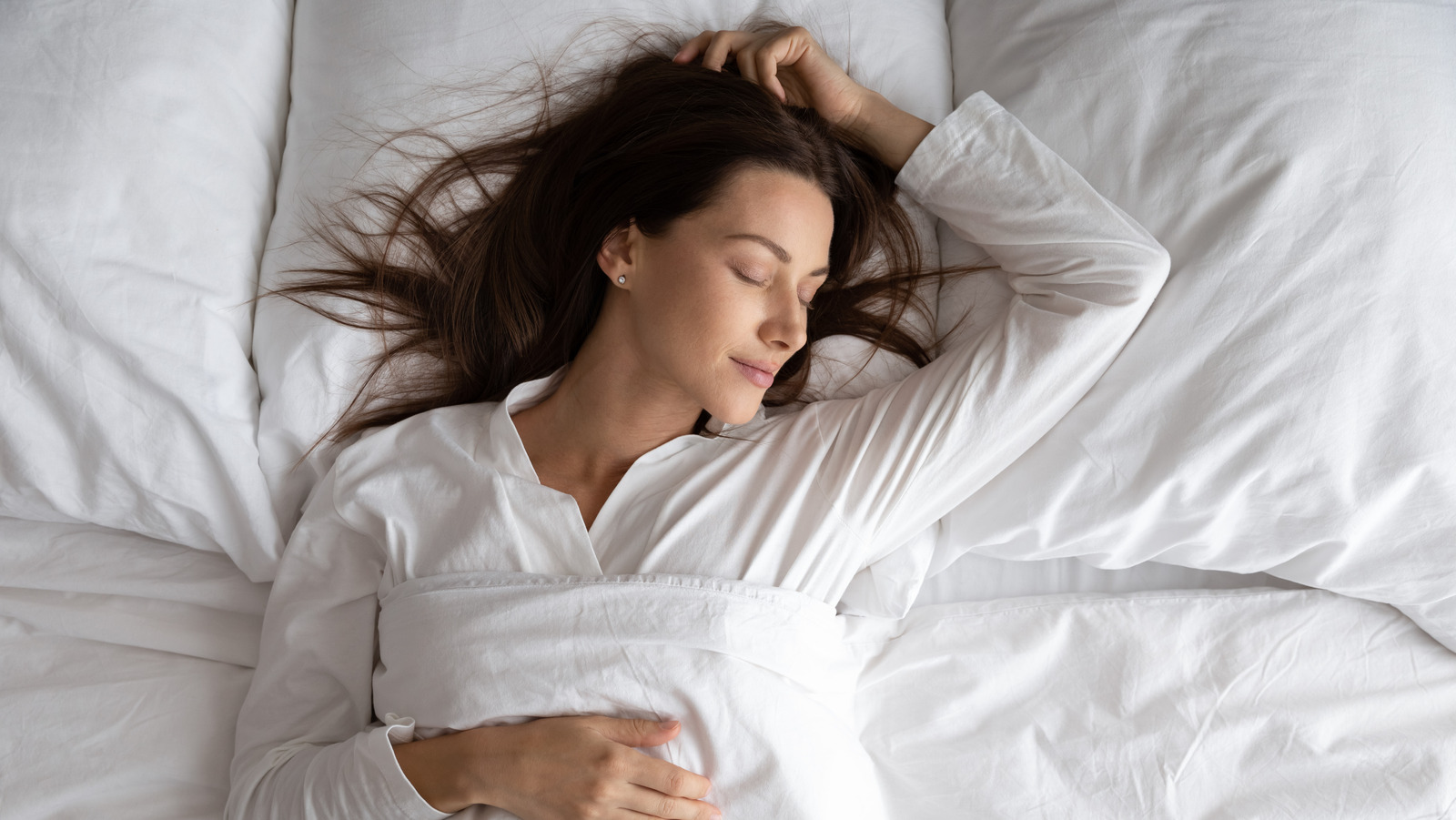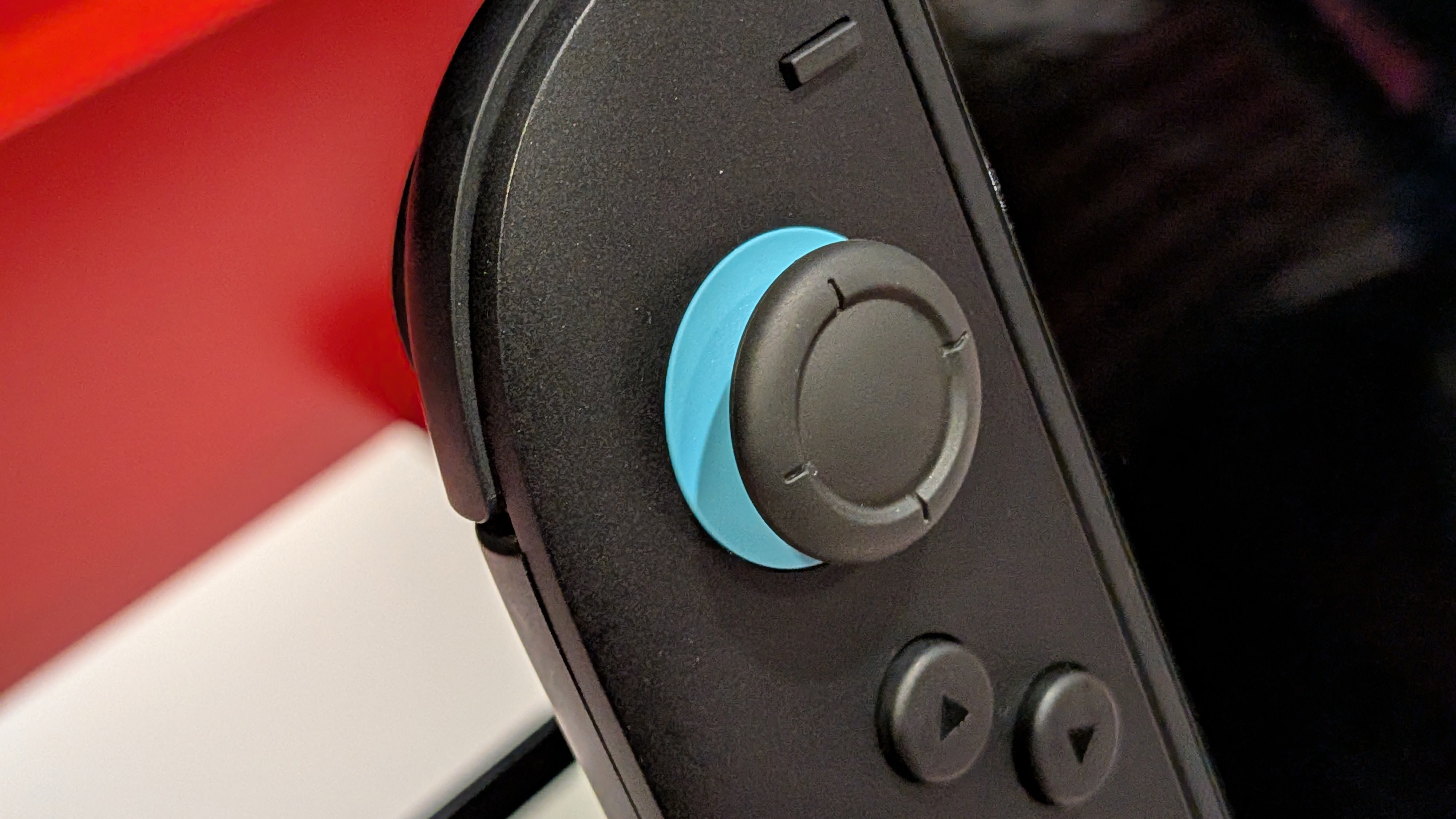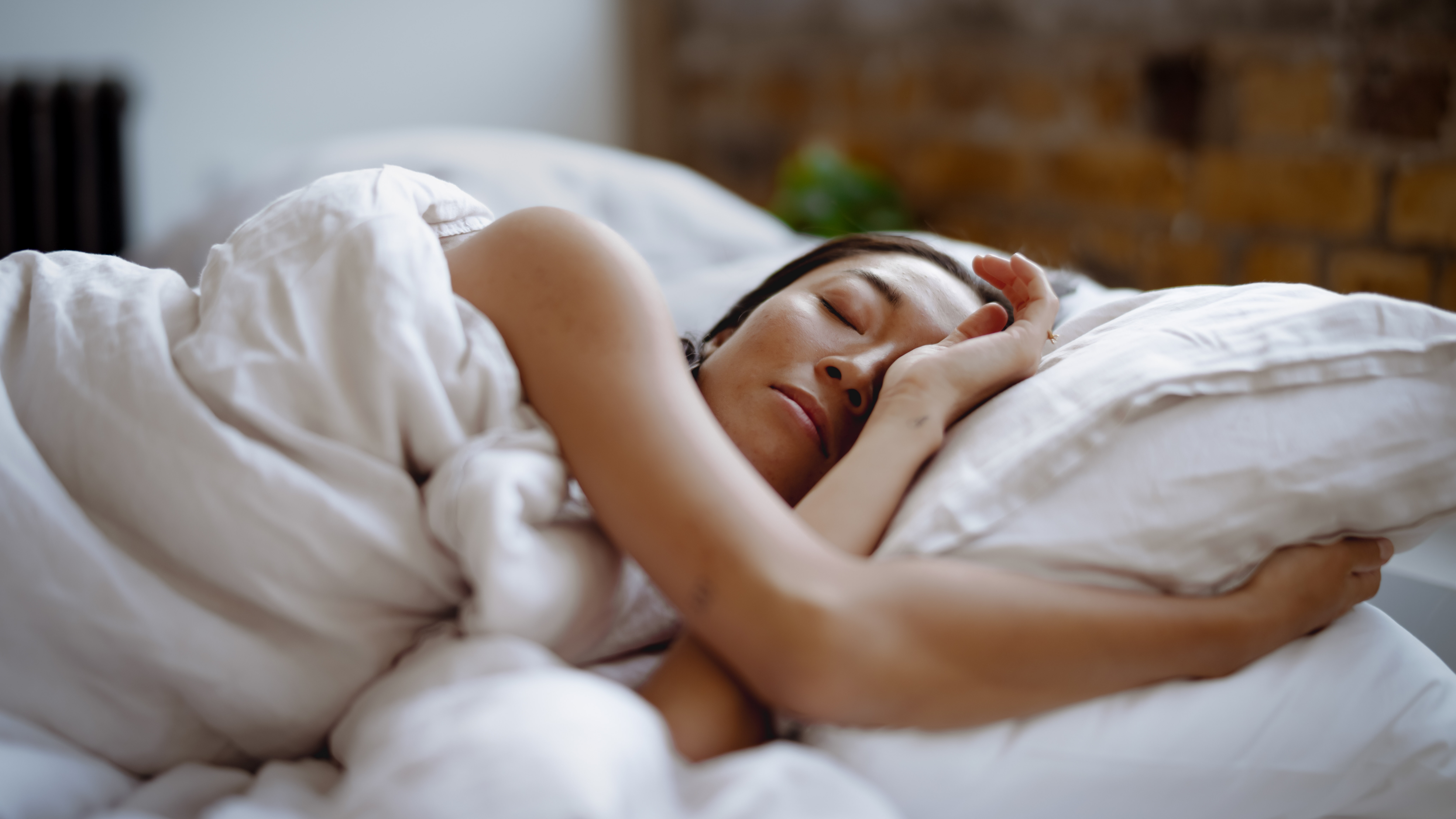

If I had to get sleep advice from anyone, I’d probably ask an Olympian. Professional athletes spend hours a day training to be in the best possible shape for their next event. In order to avoid injuries, rest the body and relax after a long day of training, sleep and recovery is an important part of an athletes’ training schedule, proving that sleep should be at the top of everyone’s priority list.
Investing in the best mattress and improving your sleep hygiene can have an amazing effect on your sleep. But even if you stick to a strict sleep schedule, external factors can disrupt you, like excess noise and the shifting seasons.
To find out how best to optimise your sleep and work around seasonal changes, I spoke to Dr Luke Gupta, Performance Innovation Consultant, Olympian Sleep Expert and Circadian Scientist at the UK Sports Institute. Dr Gupta has worked with athletes on their sleep schedules and recently announced a partnership with Dreams, the sponsor and official sleep partner of Team GB and Paralympics GB.
Inspired by his work with Olympians and ahead of the upcoming clock change, Dr Gupta shared his four step ‘MOT’ sleep guide to transform your nighttime routine, enhance cognitive function and boost energy levels.
1. Define your ‘good sleep’
The first step in Dr Gupta’s Olympian-approved sleep guide is to define what good sleep means to you and how your current sleep schedule is measuring up with your goals. “Take a moment to reflect on your recent sleep experiences and identify any emerging patterns in the last few weeks,” explains Dr Gupta. “Look at the factors you think might be positively or negatively affecting your sleep, considering things such as bedtime routines, environment, and stressors.”
2. Uncover sleep vulnerabilities
Once you’ve reviewed your past sleep experiences, Dr Gupta recommends noting any patterns and triggers affecting your sleep quality to uncover your vulnerabilities. Using the best sleep tracker or “maintaining a sleep journal can help you monitor nightly routines, including bedtime habits, environment, and stress levels. Note recurring disturbances like caffeine intake and consider emotional factors such as anxiety or mood changes. By pinpointing patterns and triggers, you can develop strategies to address these vulnerabilities and improve your sleep quality.”

3. Embrace the dimensions of sleep
Sleep is so much more than just getting into bed, closing your eyes and waking up in the morning. There are five sleep stages you cycle through every night, and Dr Gupta emphasises the importance of recognising that sleep is multidimensional. He says “factors such as duration, regularity, timing, and satisfaction all contribute to overall sleep health. Avoid prioritising one over the other – sleeping well for three hours doesn’t necessarily mean healthy sleep, nor does sleeping for 10 hours if you wake up feeling unrefreshed.”
Sign up to the T3 newsletter for smarter living straight to your inbox
Get all the latest news, reviews, deals and buying guides on gorgeous tech, home and active products from the T3 experts
4. Create your ideal sleep space
Once you’ve identified your idea of good sleep and found your vulnerabilities, it's time to create your ideal sleep space. The ‘perfect’ sleep environment is unique to each person, so to find what works for you, Dr Gupta suggests “assessing your sleep space for familiarity, calmness, comfort, safety, lighting, noise control and temperature regulation. Tailoring your sleep environment to your needs is key for ensuring a restful night’s sleep.” For example, if you prefer a dark room and listening to music to help you fall asleep, you might want to consider adding blackout blinds or the best sleep headphones to your environment to set yourself up for sleep success.
Want more sleep advice? Check out these 27 sleep tips for a better night’s rest.

Beth is Home Editor for T3, looking after style, living and wellness. From the comfiest mattresses to strange things you can cook in an air fryer, Beth covers sleep, yoga, smart home, coffee machines, watches, grooming tools, fragrances, gardening and much more. If it's something that goes in your house, chances are Beth knows about it and has the latest reviews and recommendations! She's also in the know about the latest deals and discount codes from top brands and retailers.
Having always been passionate about writing, she’s written for websites, newspapers and magazines on a variety of topics, from jewellery and culture, to food and telecoms. You can find her work across numerous sites, including Wedding Ideas Magazine, Health & Wellbeing, The Bristol Post, Fashion & Style Directory, TechRadar, CreativeBloq and more. In her spare time, Beth enjoys running, reading, baking and attempting craft projects that will probably end in disaster!
-
 Nintendo Switch 2 tariff woes continue – here's how much it could cost you
Nintendo Switch 2 tariff woes continue – here's how much it could cost youExperts claim the Switch 2 will continue to be affected by Trump's tariffs – even as much as 145%
By Rik Henderson
-
 This one-day Apple Watch challenge could earn you a secret (non-virtual) reward
This one-day Apple Watch challenge could earn you a secret (non-virtual) rewardApple is now handing out animated trophies and real-life pins if you do a bit of exercise
By Matt Kollat
-
 I spent 6 weeks with the FoodMarble Aire 2: here’s what I learned about my gut health
I spent 6 weeks with the FoodMarble Aire 2: here’s what I learned about my gut healthI’ve been testing the clever breath-testing gadget with the companion app over several weeks to find out if it delivers on its promises
By Lee Bell
-
 Oil pulling is going viral on TikTok for stopping morning breath – but does it actually work?
Oil pulling is going viral on TikTok for stopping morning breath – but does it actually work?4 hacks that prevent morning breath, according to a sleep expert
By Bethan Girdler-Maslen
-
 These limited edition McLaren x Loop earplugs are what you need for Formula 1 season
These limited edition McLaren x Loop earplugs are what you need for Formula 1 seasonMcLaren teams up with Loop on limited edition noise-reducing earplugs
By Bethan Girdler-Maslen
-
 5 sleep supplements that help me achieve 8+ hours of rest every night
5 sleep supplements that help me achieve 8+ hours of rest every nightIt took me years to perfect my sleep routine – here are the supplements that helped
By Lizzie Wilmot
-
 3 reasons why you wake up at 3am every night – and how to avoid it
3 reasons why you wake up at 3am every night – and how to avoid itAlways waking up in the middle of the night? This could be why…
By Bethan Girdler-Maslen
-
 This tiny device will automatically disable your distracting apps before you sleep
This tiny device will automatically disable your distracting apps before you sleepSay hello to Kip...
By Lizzie Wilmot
-
 Therabody experts give 7 tips for perfecting your sleep routine for World Sleep Day
Therabody experts give 7 tips for perfecting your sleep routine for World Sleep DayFrom breathing exercises to sleep masks, here’s how to prioritise sleep, according to experts
By Bethan Girdler-Maslen
-
 Loop Dream review: super soft earplugs to help you snooze soundly, even if you’re a side sleeper
Loop Dream review: super soft earplugs to help you snooze soundly, even if you’re a side sleeperSquishy silicone and uniquely shaped ear tips take Loop’s nighttime earplugs to dreamy heights
By Joanna Ebsworth